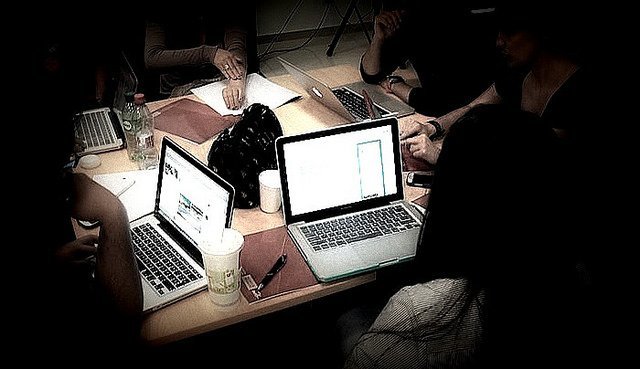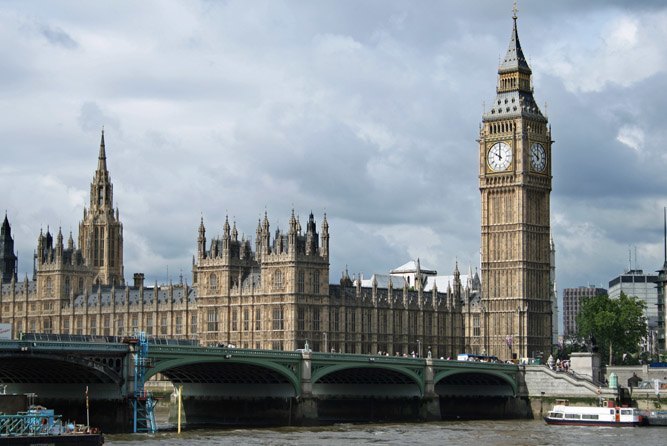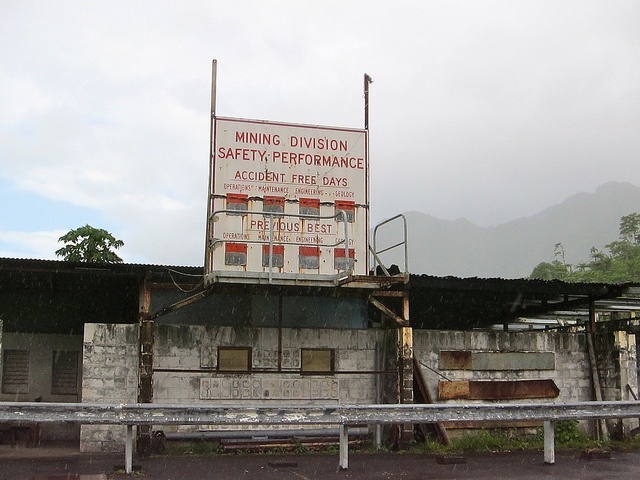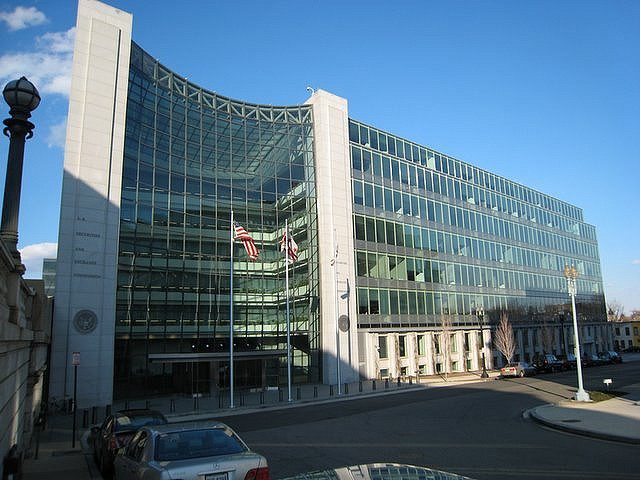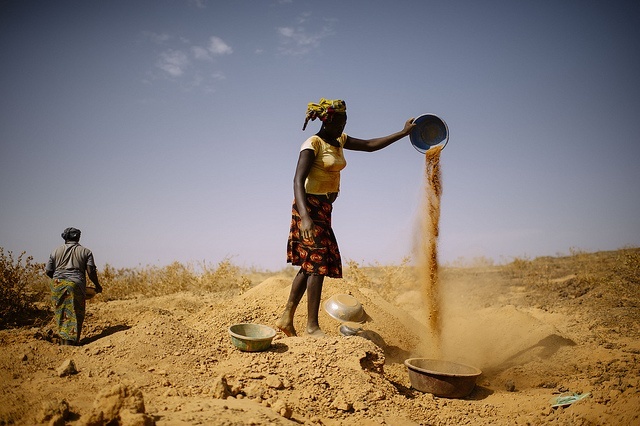News and resources
Explore our publications on a wide range of topics, to find the powerful facts, stories and approaches that underpin our work to make the extractive industry more open, accountable and participatory.
Active filters
Press freedom violations threaten transparency in extractive sector
Today, 3 May, is World Press Freedom Day, a day set by the United Nations to highlight the important role of the press and journalists worldwide. “Everyone has the right to freedom of opinion and expression; this right includes freedom to hold opinions without interference and to seek, receive and impart information and ideas through […]
PWYP and others urge action on oil, gas and minerals trading at London Anti-Corruption Summit
PWYP, NRGI, Global Witness, Christian Aid, the Global Organization of Parliamentarians Against Corruption (GOPAC), the UNCAC Coalition, SwissAid, Berne Declaration and others have written to UK Prime Minister David Cameron. We are urging him to ensure that the 12 May Anti-Corruption Summit in London addresses one of the major remaining areas of opacity and corruption […]
Making the most out of Papua New Guinea’s first EITI report
An EITI candidate country since 2013, Papua New Guinea launched its first Extractive Industries Transparency Initiative (EITI) Report last month, on 30 March 2016. With large natural resource reserves, Papua New Guinea’s economy has been dominated by extractive activities since the 1970s, in particular the extraction of gold, oil, and copper. This industry now accounts […]
Statement: Civil society crackdown undermines Equatorial Guinea’s ongoing efforts to re-join EITI
Statement on Equatorial Guinea – Suspension of CEID – Statement PWYP is extremely concerned about the suspension of a leading independent civil society organisation, Centro de Estudios e Iniciativas para el Desarrollo (CEID), in Equatorial Guinea by the Minister of Interior who is also the country’s first Vice Prime Minister. Under an order issued by […]
Joint Statement: Africa Mining Vision: CSOs and government make progress to develop the African Mineral Governance Framework
Statement prepared by: Tax Justice Network-Africa, Publish What You Pay, Southern Africa Resource Watch, and Oxfam Monday 28th March, 2016 Addis Ababa, Ethiopia – The ongoing collapse of mineral prices on the international market, growing debt crisis and dwindling revenue to finance socio-economic development in African countries has refocused attention on how to optimally use […]
Lebanese MPs recommend joining the EITI: a step welcomed with cautious optimism by civil society
On March 22, the Lebanese Parliament’s energy committee issued a recommendation to the government to join the Extractive Industries Transparency Initiative (EITI) with the aim to enhance transparency and accountability in Lebanon’s oil and gas sector. Through this effort Lebanese officials are signalling that Lebanon is serious about adopting transparency measures in its petroleum industry […]
Statement: EITI Governance Failures Threaten Independent Civil Society
Yesterday in Lima, on the eve of the 2016 Global EITI conference, more than 100 civil society representatives took a principled stance to boycott the members’ meeting, the highest governing body of the EITI. The impetus for the boycott was the improper and illegitimate interference in civil society’s right to self-selection of their representatives to […]
The call for a responsive EITI
The strength of the EITI lies in its ability to adapt and become relevant to each context, enabling countries to focus on what is most necessary to them for good governance. In Colombia’s case for example, what was essential in order for EITI to realise its potential, generate a debate about the use of natural […]
What I extracted from the PWYP data extraction workshop
In my quest to play a role in improved mineral revenue transparency in Zimbabwe, I applied to become a PWYP Data Extractor, a new project by Publish What You Pay’s (PWYP) International. To kick the programme off, I joined the first data extraction workshop in Jakarta, Indonesia in November 2015. It gave me an in-depth […]
PWYP Indonesia publishes report on illicit financial flows and tax crime in the mining sector
According to a 2014 report from Global Financial Integrity entitled “Illicit Financial Flows from Developing Countries: 2003- 2012”, Indonesia ranks seventh of countries with the largest illicit financial flows (IFF). In 2014 IFF in Indonesia is estimated at a total of IDR 227.75 trillion ($20 billion), the mining sector contributes IDR 23.89 trillion ($2 billion), […]
The USA’s oil transparency rules: Worth the wait?
2,000 days. That’s longer than the First World War; longer than we have to wait between Olympic Games or between football World Cups; longer than Jimmy Carter, George HW Bush, Gerald Ford or JFK each were President of the USA (and almost exactly the same time as Nixon was in power). It’s even longer than […]
Transparency in mining: Large decline under the transitional government in Burkina Faso
Doubts expressed on the completeness and reliability of data Unjustified differences on export data Burkina Faso has just published its fifth report for the Extractive Industries Transparency Initiative (EITI) covering the year 2013. The information in the report, prepared under the country’s transitional government, indicates that overall transparency in the sector has greatly decreased, thus […]







